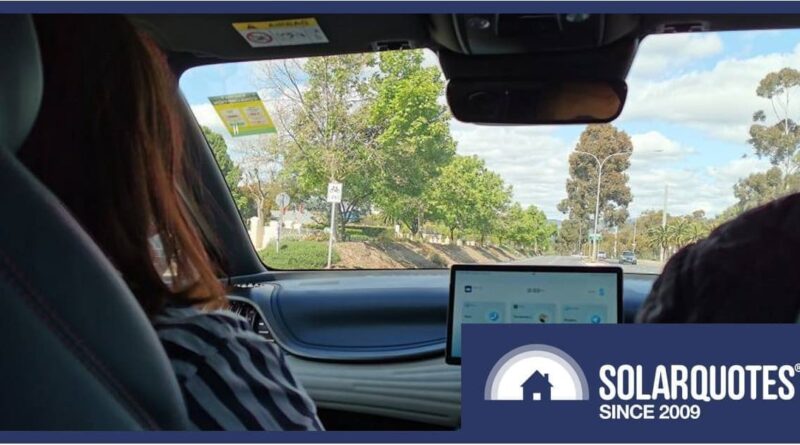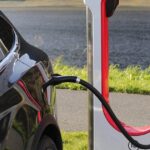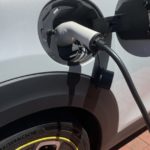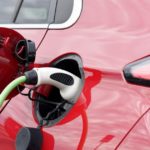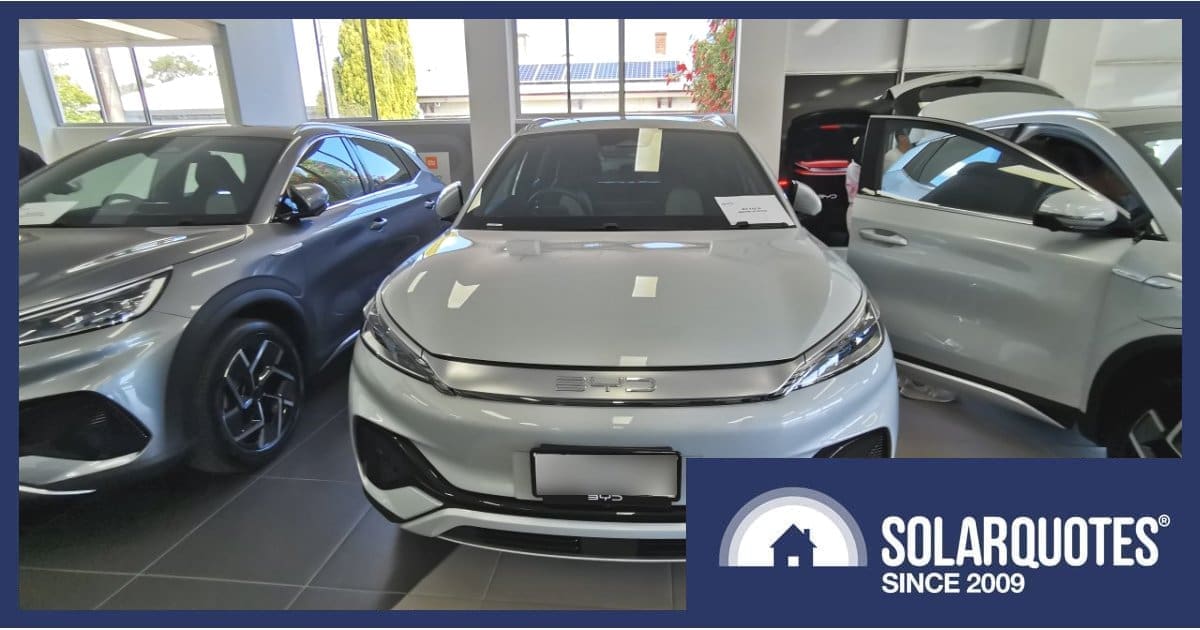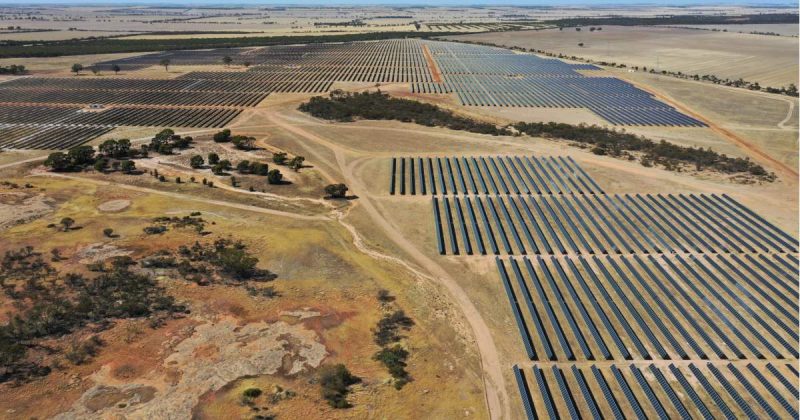EV Road User Charges Back In The Spotlight
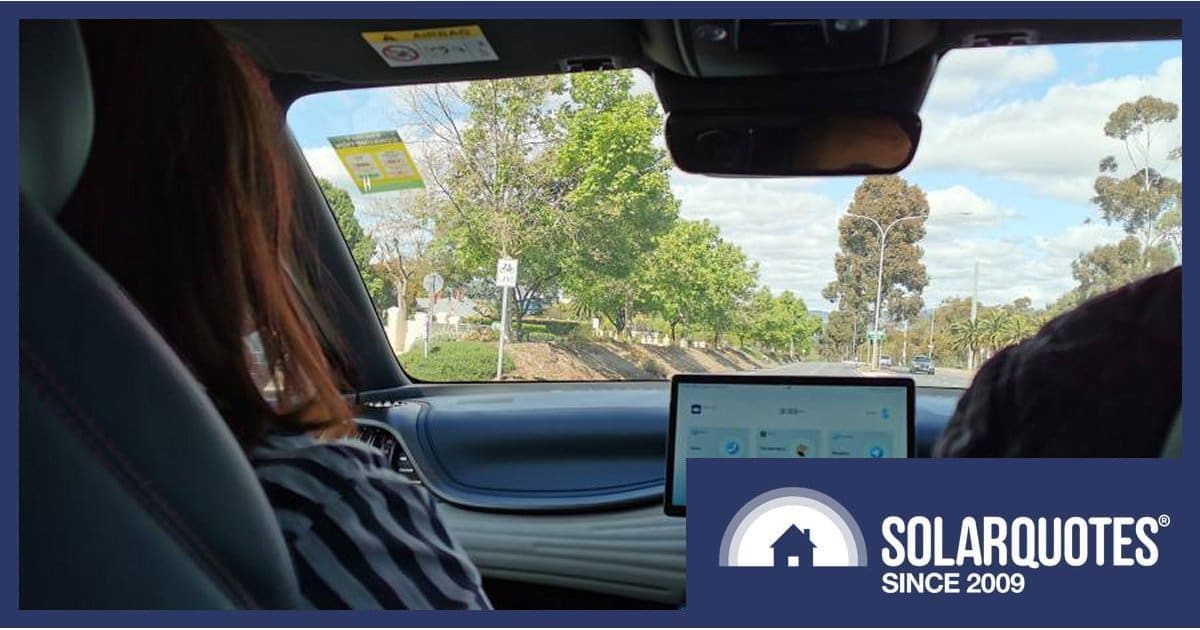

The debate over road-user charges (RUC) for electric vehicles has been reignited courtesy of interpretation of comments reportedly made recently by Treasurer Jim Chalmers.
There have been several attempts at introducing an EV road user “tax” on a state-level basis. Back in 2020 in South Australia, the then-Marshall Government intended introducing a charge for plug-in electric and other zero emission vehicles consisting of a fixed component and a variable charge based on distance travelled. It was to be introduced in 2022, but was then pushed out to 2027 due to backlash. In 2023, the legislation was repealed.
The Victorian Government had more luck getting an EV road user tax over the line – for a while. In November 2020, then-Victorian Treasurer Tim Pallas announced his plans, which were labelled the “worst EV policy in the world” and an “ill-conceived anomaly of a tax.” Still, the Zero and Low Emission Vehicles (ZLEV) Road-User Charge went ahead until a High Court ruling in 2023 found it amounted to an excise, which states are forbidden from collecting. The Victorian Government had to repay affected drivers.
Enter Jim Chalmers
States can’t collect excises, but the Federal Government can. And it seems Treasurer Chalmers could be giving serious thought to an RUC for electric vehicles; based on the perceptions of some regarding comments he made at a private dinner event with business leaders last week, reported by AFR.
Treasurer Chalmers previously referred the design of a road user charge to the national cabinet in 2023, but that went nowhere.
In follow-up comments from the Treasurer’s spokesman to AFR, Dr. Chalmers was said to be just restating a previous view at the dinner; but states and territories would be involved in developing related policies and it will be done in a “considered and consultative way” that takes the time to get it right.
That’s of course assuming the Albanese Government is re-elected. And perhaps Treasurer Chalmers wasn’t just thinking about EVs.
Revenue from fuel excise is dropping in terms of share of tax revenue. According to the Parliamentary Budget Office (PBO), the proportion has been declining for decades due to increasing fuel efficiency and higher fuel prices; along with the rise and fall of Australian crude oil production in the 1970s and 80s.
Beyond a recovery after the end of temporary fuel excise cuts during the pandemic:
“… it is likely that excise will continue to be eroded by factors such more fuel-efficient vehicles and increasing take up of electric vehicles (on and off public roads),” said the PBO in 2022.
And fuel excise revenue isn’t exclusively assigned to roads. According to the Australian Automobile Association (AAA), over the decade to 2022-23, only 57% of fuel excise was reinvested in land transport projects. The PBO says between 2005-06 to 2019-20, the ratio of Australian Government road spending to fuel tax revenue averaged around 30%.
AEVA: Road User Charges Should Apply To *All* Vehicles
A few days before this dinner event, the Australian Electric Vehicle Association reiterated its stance that any future federally collected RUC must apply to all road-going vehicles, including heavy vehicles, regardless of fuel source. It is advocating for a universal mass x distance road user charge to ultimately replace fuel excise.
An options paper recently released by the AVEA says the rate levied should *eventually* be equivalent to what the fuel excise would have ordinarily collected. It proposes:
- 3 c/t*km for light vehicles (<4.5 tonnes).
- 0.2 to 0.5 c/t*km for heavy rigid and heavy articulated vehicles respectively.
… and indexed with inflation.
The options the Association has put forward for implementation:
- Option 1: A staged introduction of the universal mass x distance RUC, starting at a very low rate but increased annually.
- Option 2: Remove fuel excise and introduce a full RUC on all vehicles as early as 2025.
- Option 3: Implementation of a RUC on EVs only, at a rate equivalent to that of fuel excise, with fuel excise remaining in place.
Of the three options, AEVA believes option 1 is the most effective.
Dr Chris Jones, National President of the AEVA, believes Australia’s EV drivers can recognise the need for reforms to road costing.
“We just want to ensure that it’s fair, doesn’t discourage EV ownership, and sets the nation up for the future.”
But whether EV and ICE owners consider the AEVA’s proposal as fair remains to be seen.
Original Source: https://www.solarquotes.com.au/blog/ev-road-user-charges-mb3115/

